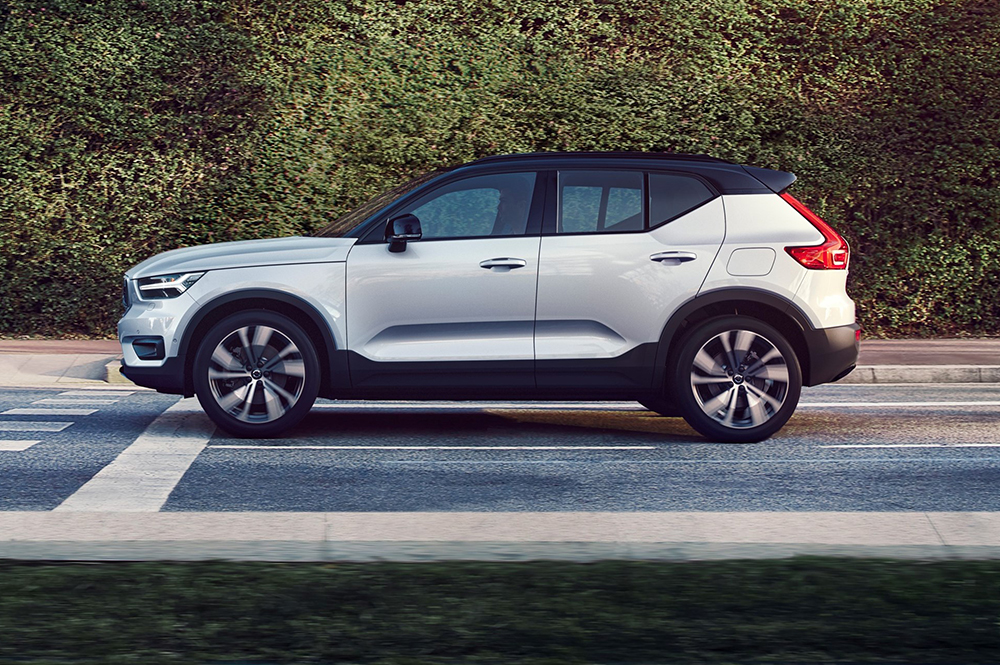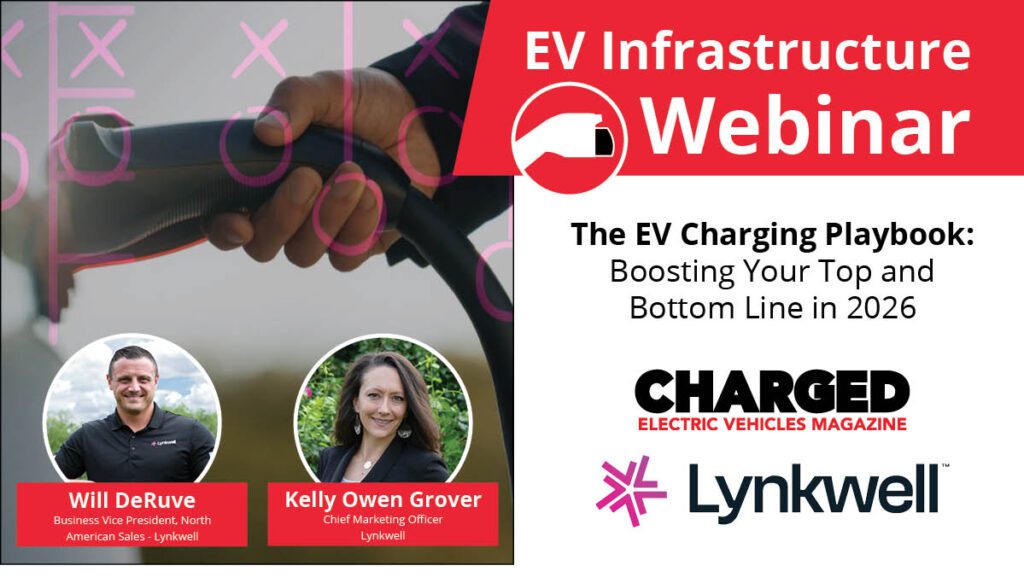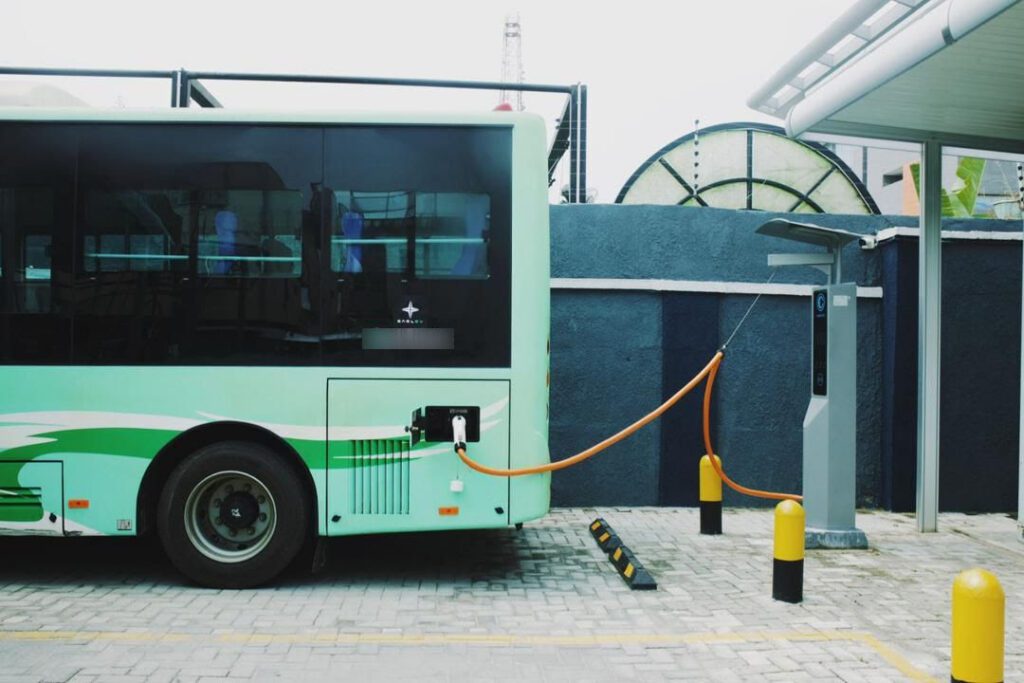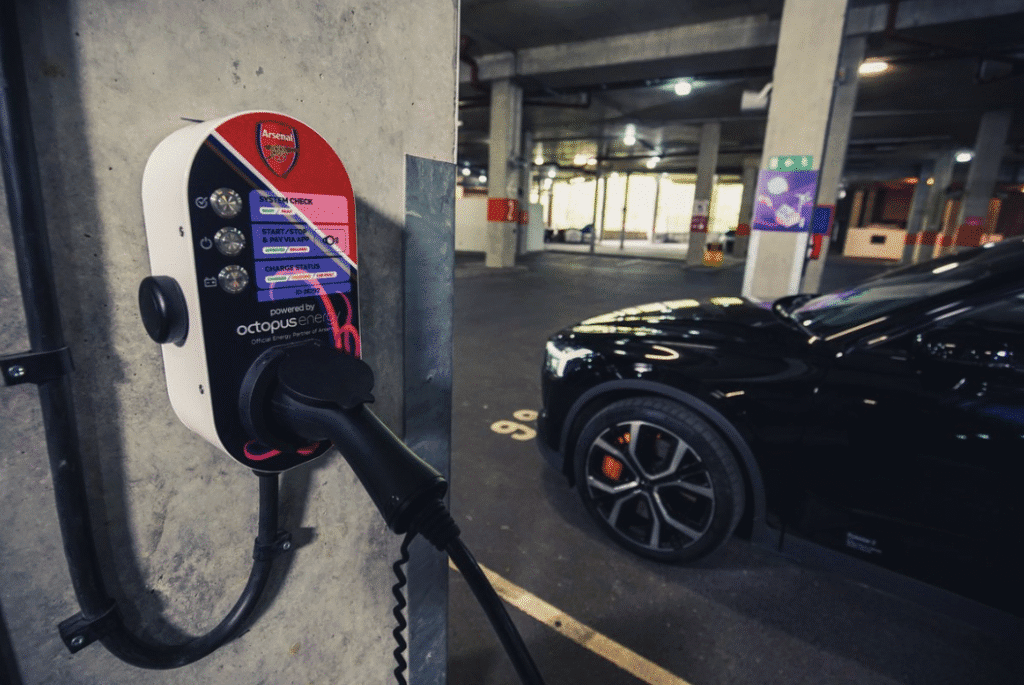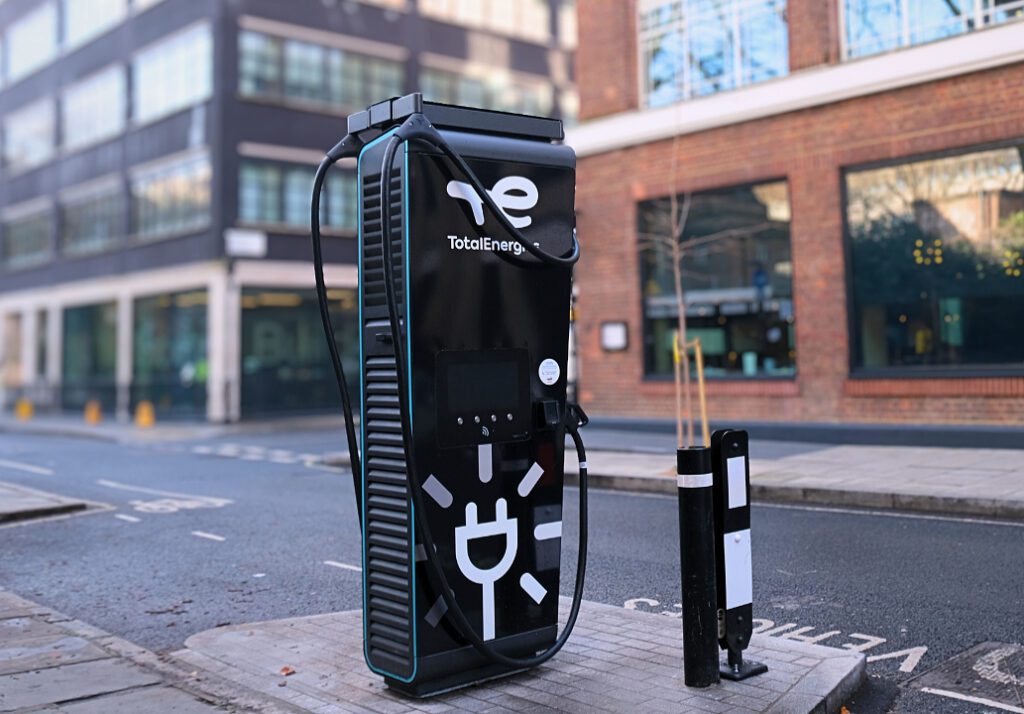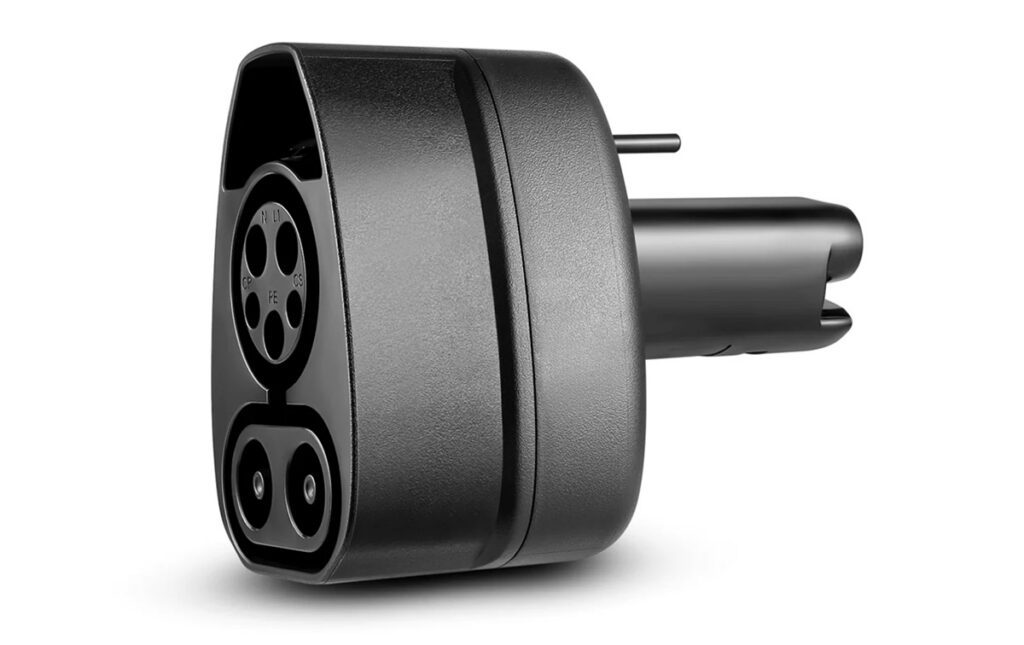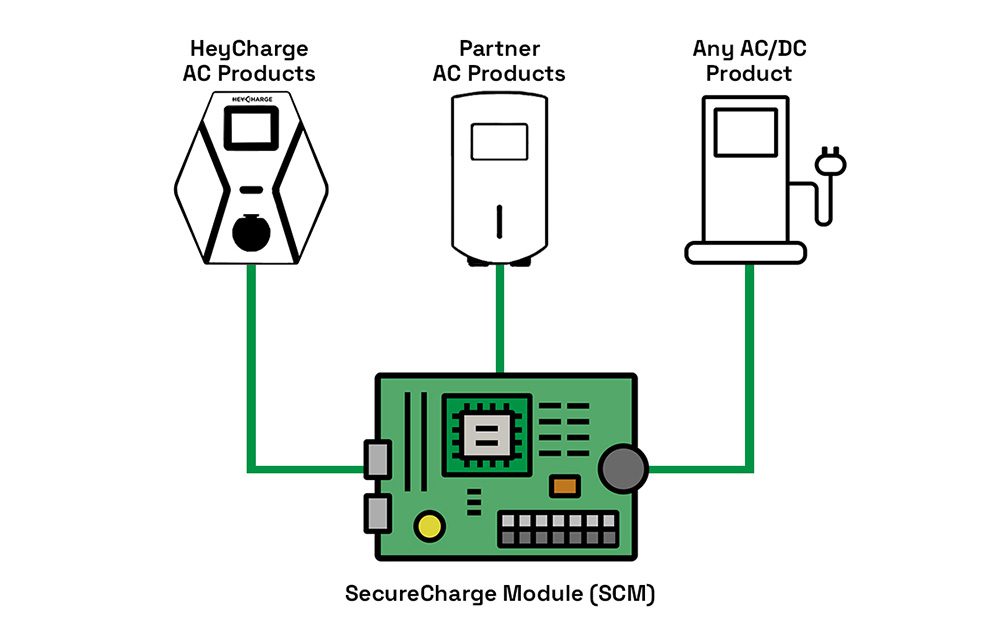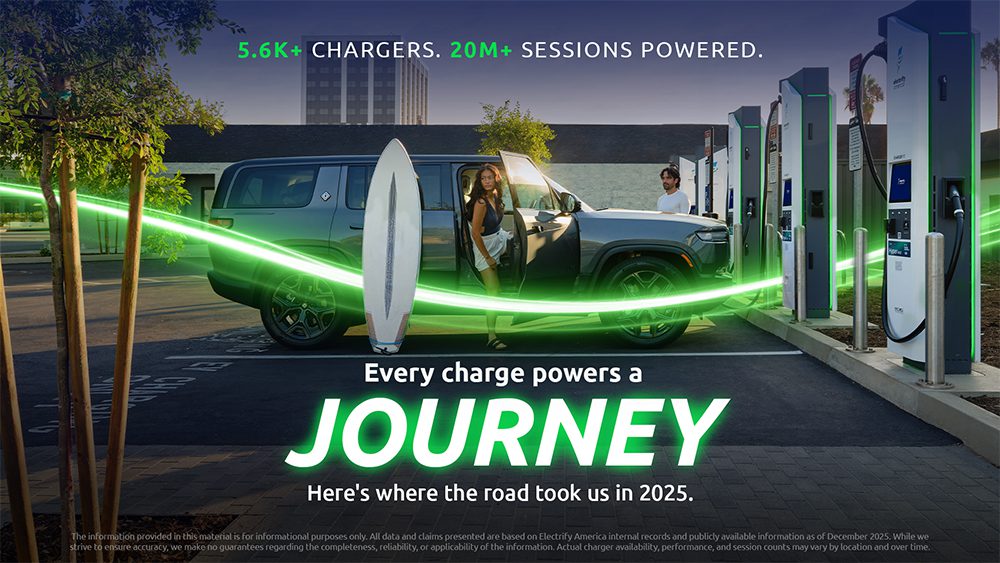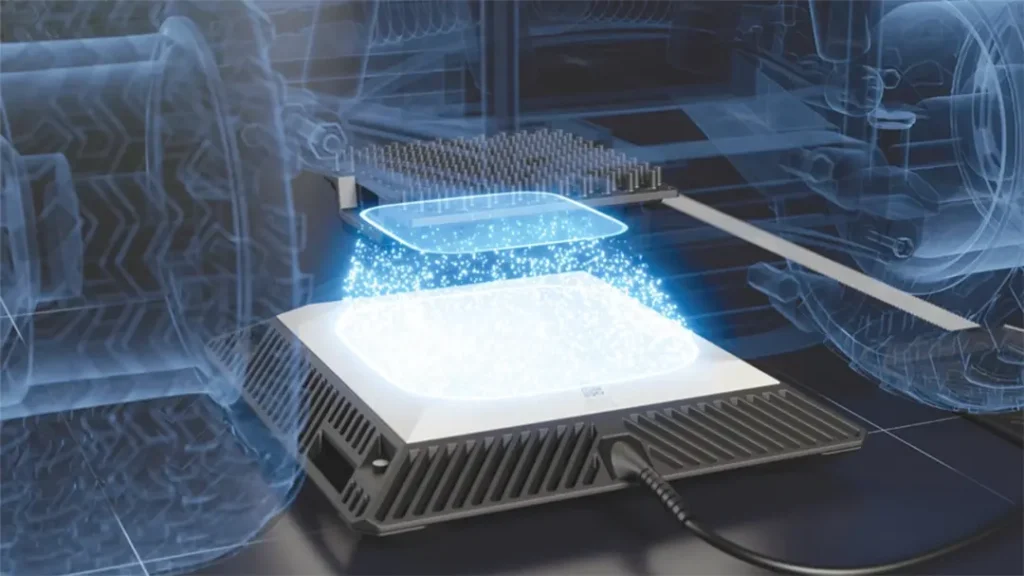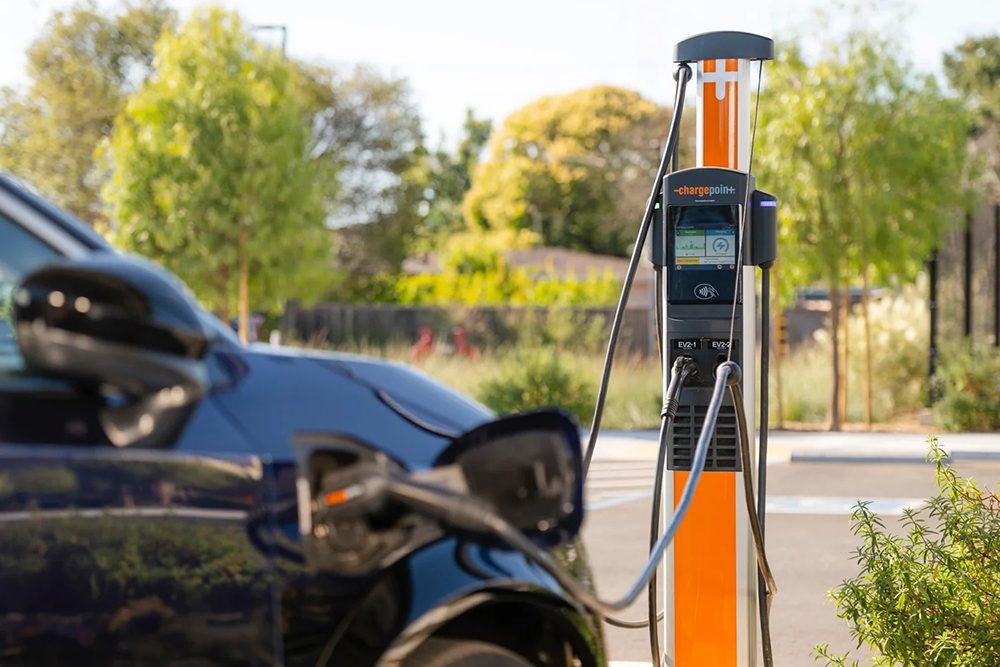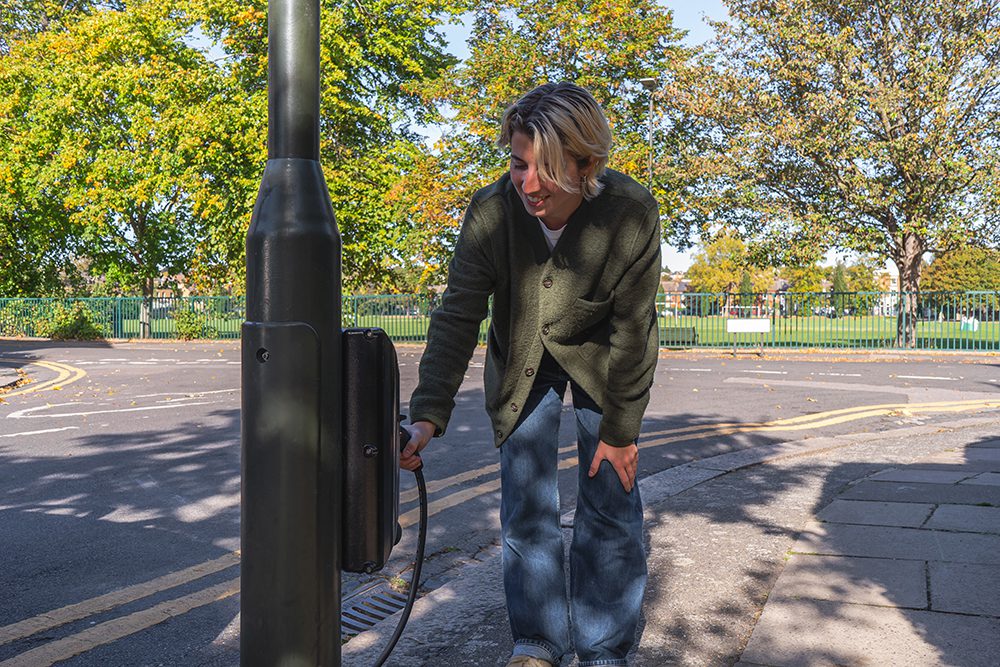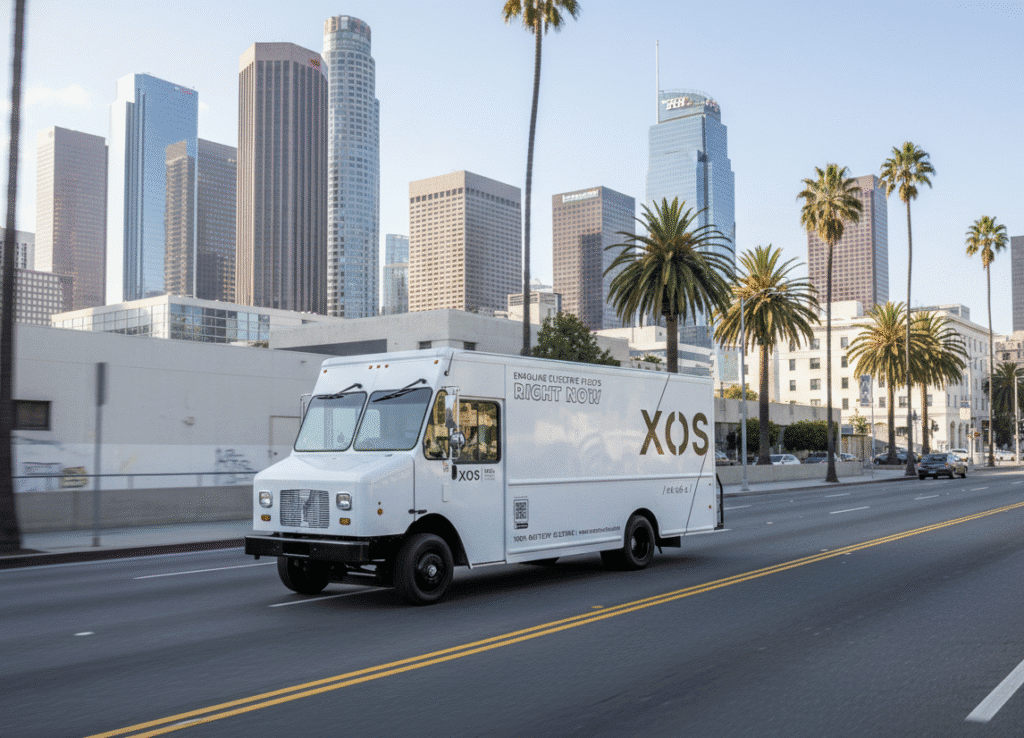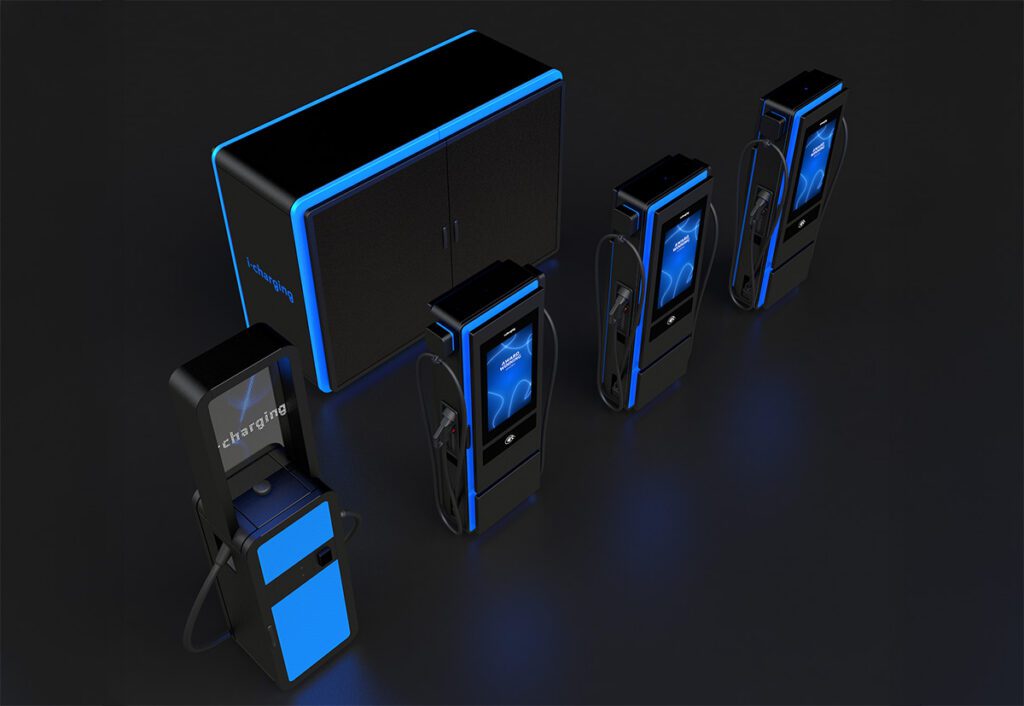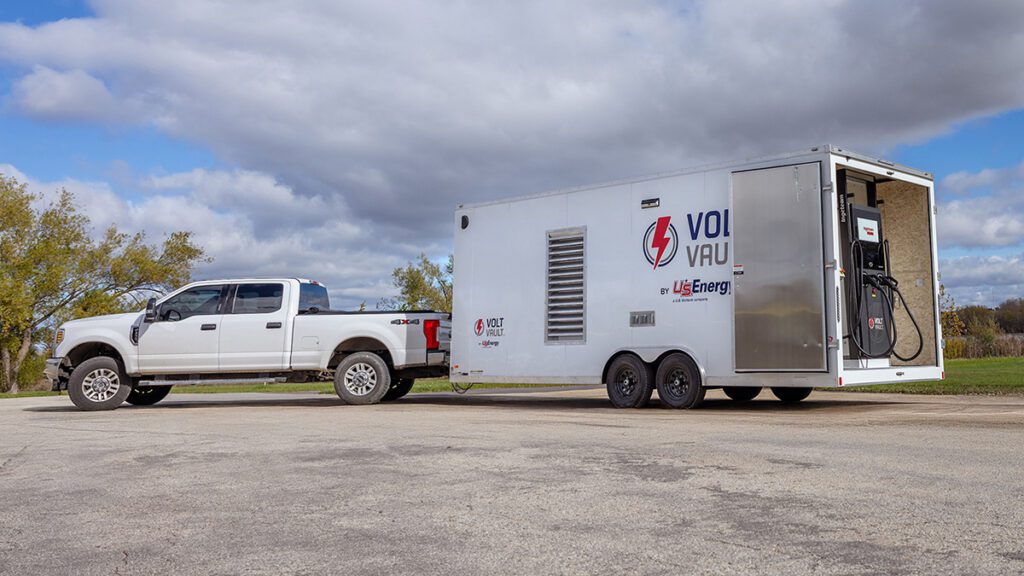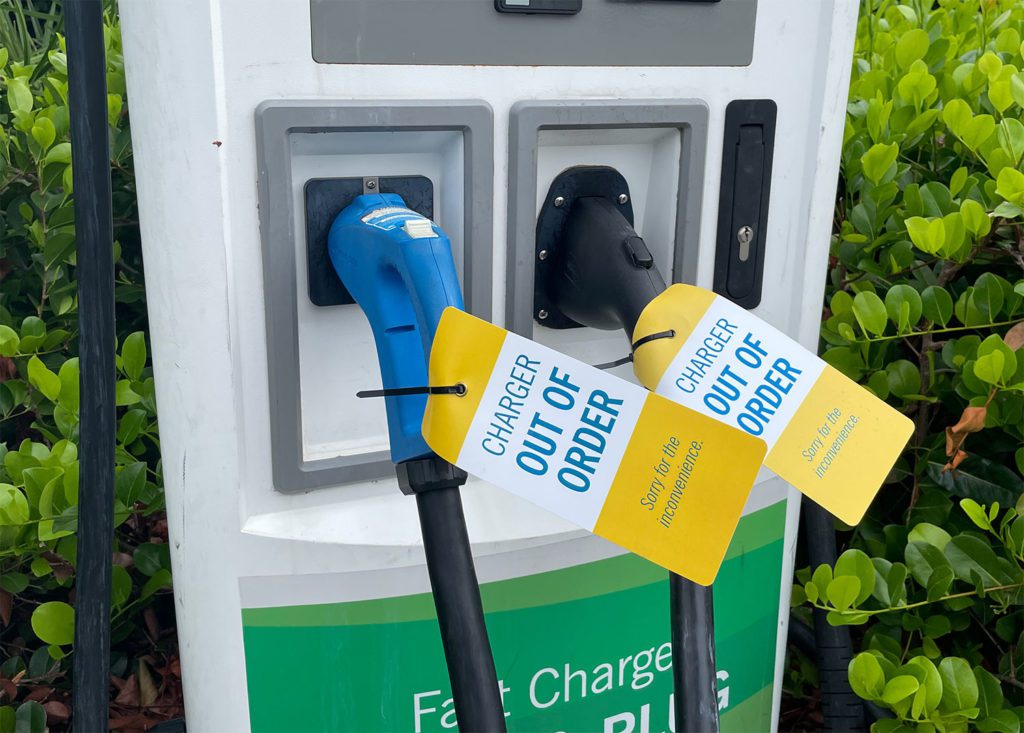In our car-obsessed society, providing parking is a major expense for business and property owners. The Delmanor Aurora retirement home near Toronto has found an innovative way to reduce the number of parking spaces it provides to residents, while still allowing them to drive as much as they need to.
In collaboration with EV rideshare technology company Kite Mobility, Delmanor Aurora, which is owned by condominium developer Tridel, provides EVs for the use of residents who volunteer to give up their personal vehicles (and the parking spaces they require).
Participating residents at Aurora have access to an electric Volvo XC40, free of charge, whenever they need to run an errand, or simply feel like taking a ride.
“Real estate developers…are struggling with costs, and one of the largest CapEx items that they encounter is parking infrastructure—digging several layers down in the middle of a city or building new surface parking lots,” Kite Mobility CEO Scott MacWilliam told Forbes. “The idea here is that Kite gives them the ability to reduce or remove parking infrastructure, so some of the CapEx savings there goes to fund these programs.”
The opportunity is plain to see at senior living facilities, where many residents own vehicles that are seldom used, but that nonetheless take up valuable space in parking lots.
At an estimated cost to developers of $100,000 per parking space in a structure, by eliminating an entire floor containing 300 to 400 spaces, a developer could save as much as $30 million to $40 million, according to MacWilliam. “That would fund the Kite mobility hub and enough EVs (30 to 40) for those without cars, or that don’t want parking spaces.”
Kite is currently providing three Volvo XC40 EVs and four charging stations at Delmanor Aurora. The retirement community chose Volvo EVs because they offer a familiar user interface.
“The choice of the vehicle is really important, because [residents] see Teslas, they see all these other cars that are just very intimidating when they’re used to something traditional and gas-powered,” said Nikki Lewis, Delmanor Sales and Marketing Director. “The Volvo has been great for its reputation, quality, safety and usability.”
Toronto-based Kite is currently doing business in several Canadian cities, and plans to enter the US market in the second half of 2025. The company’s mission is to promote clean mobility—it partners with real estate developers to provide electric cars, e-bikes and charging infrastructure for short-term rentals to residents.
“The idea is to reduce the need for personal car ownership and provide a convenient way for folks living in cities and communities to access electric vehicles and infrastructure with a lot of peace of mind where insurance is covered, maintenance is covered, charging is covered,” explained MacWilliam.
Source: Forbes
Image Courtesy of Volvo






